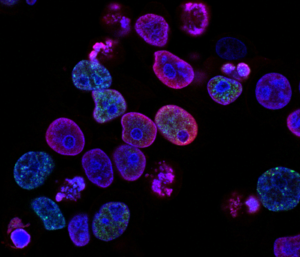More than arts or literature, science is a cooperative activity. As Newton put it: “If I have seen further (than Hooke and Descartes) it is by standing upon the shoulders of giants.” Cooperation in science includes the publication of papers, as well as the sharing and exchange of knowledge. The self-testing and self-correcting features of science are put into operation through peer review.
If the work is honest and significant, others will soon attempt to replicate it.
RELIANCE aims to support EOSC to enable the scientific endeavor across the different stages of research, ranging from hypothesis generation to experimentation or observation, publication of results, claim validation and reuse. The role of research objects in such research lifecycle is instrumental in RELIANCE, acting as the placeholders of scientific methods, materials and breakthroughs as well as of intermediate results produced on a day-to-day basis, rich with descriptive metadata. Based on the research object model, which will be extended and adapted to EOSC, RELIANCE will support governance, sharing and reusability of research findings and materials among the different stakeholders involved in the scientific work:
- Researchers will be enabled to structure and aggregate their research data, software and materials as semantically rich information units, collaborate with other researchers, who can enrich and complement the original work, get cited for such work through the associated DOIs, be discovered by other colleagues, industry, and the public using standard web search engines through machine-readable metadata, and have a structured way to have their work reproduced and validated by the community upon submission to scientific venues.
- Data providers in EOSC and others like Copernicus shall benefit from increased data discoverability and reuse by means of Data Cube-centric Research Objects supported by RELIANCE. Compliant with the principles of FAIR research data, the additional findability provided by data cube-centric research objects shall maximize the return of investment for publicly funded data campaigns and space observation missions.
- EOSC services providers like scholarly communication services would also benefit as a further step to enhance the publishing workflow and to allow monitoring of the impact of Research Infrastructures used in research. These services would be used to deposit research objects generated via RELIANCE services for their citation and preservation, thus contributing to the realization of Open Science.


